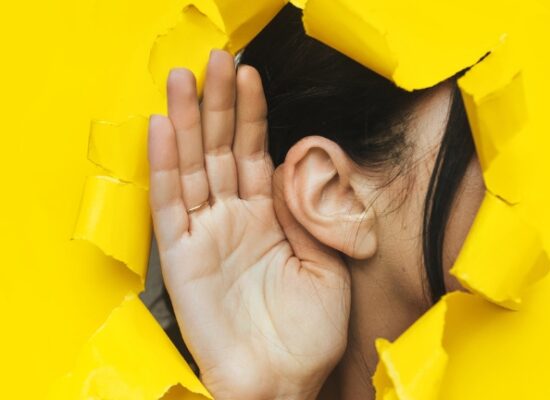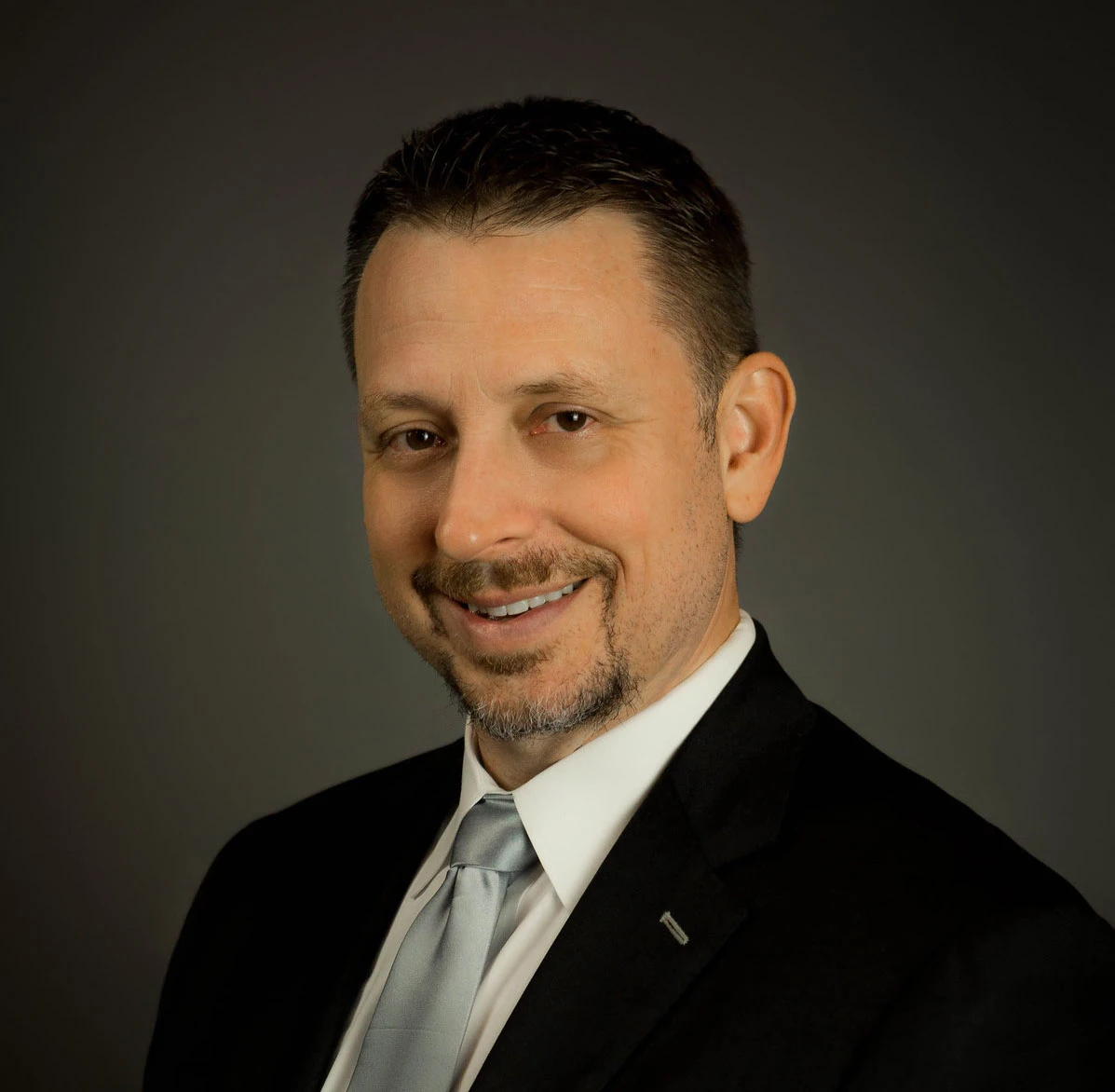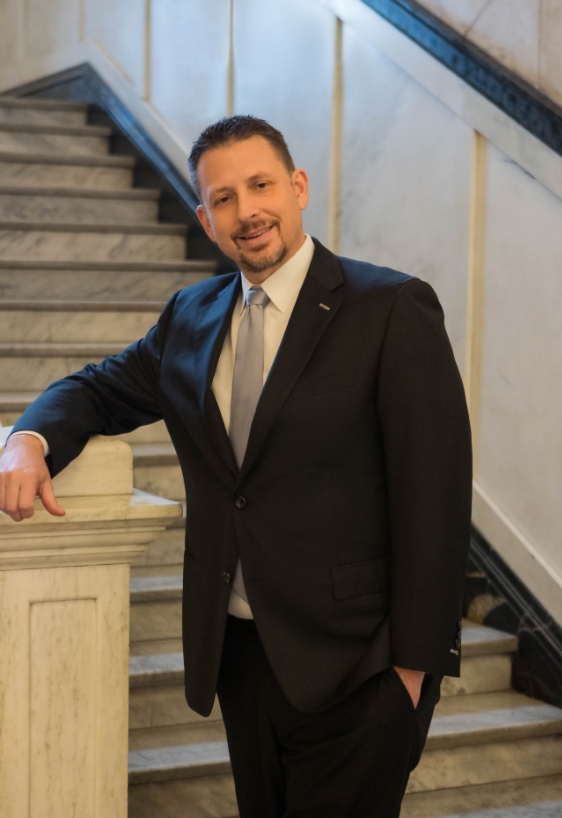As some of you may be aware, this past week, the 7th Circuit of the U.S. Appellate Court more or less declared that the Illinois Eavesdropping Law was Unconstitutional in its present form. As an Illinois Attorney, the decision came as no shock to me at all. Previous to the decision, lawmakers of both Houses of the Illinois Legislature jacked around with the statute in an effort to make it conform with constitutional principles. Some wanted the statute completely amended to only require one party’s consent; others wanted to amend it to include an exception only for law enforcement; yet others wanted an exception only for law enforcement officers in public places; others suggested this, and others that.

Bottom line, if you’re in a public place, and your conversation can be overheard by others without the assistance of electronic equipment, it’s my belief that your conversation is fair game for anyone and everyone to record; that is because you shouldn’t have an expectation of privacy in a conversation others can overhear; if you don’t want it recorded, relocate to someplace a little more private.
My interest in the controversy surrounding the constitutionality of our eavesdropping law was sparked a few years back when a friend and colleague’s law office was raided by law enforcement pursuant to a warrant issued to obtain a video recording his client made of an encounter with law enforcement. The prosecution became aware of the video during the trial in another matter, believed the video recording had audio and video, and all hell broke loose. My colleague wouldn’t turn over the video recording, rightfully asserting that it was privileged. They got the video anyway after the warrant was executed, and it sparked a lot of debate amongst the criminal defense attorneys in Bloomington and the McLean County Bar Association.
Prior to the 7th Circuit’s ruling, many Illinois Attorneys were also of the opinion that the law in its current form was unconstitutional, including McLean County Illinois interim prosecutor, and former Circuit Court Judge, Ron Dozier. Before the decision, Dozier had been quoted in the local paper, The Pantgraph, as stating that while he was the chief prosecutor of the county, he would not pursue charges against someone believed to have violated the law.
In any event, it appears that a victory has been had for the 1st Amendment, that the unconstitutionality of the Illinois eavesdropping statute is finally at a head, and that the Illinois Eavesdropping Statute in its current form is in serious jeopardy. Thank goodness and good riddance. People shouldn’t face the possibility of going to jail for audio recording their son’s or daughter’s game since they didn’t get the permission of everyone on the field. Just as ludicrous is the idea that we as citizens cannot record our own civil servants when serving and protecting the very same individuals they’ve been sworn to serve and protect.
- Granted, at this juncture, only a preliminary injunction has issued allowing the ACLU to audio and video record police officers in public places, and the law itself has not yet been declared unconstitutional, but in its opinion, the 7th Circuit was of the opinion that: “The ACLU’s challenge is likely to succeed under any of the less rigorous standards of scrutiny that apply to restrictions on speech”
- ACLU v. Alvarez, No. 11-1286 (7th Cir. 2012)
- For a more thorough history of recent proposals and a history of the statute itself, please see the Illinois State Bar Association’s article here. As it currently stands, the statute criminalizes all audio recordings of any oral communication regardless of whether it secretly or surreptitiously intercepted or it is intercepted without or without a listening device; consent of both parties to the communication is also required regardless of whether the communication is or was intended to be private.
- Please be aware that as the law stands now, no one currently has the right to audio record private conversations in public places, but the writer believes that such recordings may be constitutionally protected.
- At p. 17 of the opinion, the court also makes reference to a circuit judge in Cook County previously declaring that the eavesdropping statute violates substantive due process.
- the full article published on the Pantagraph’s website can be found here
- Quoting Glik v. Cunniffe, 655 F.3d 78, 79-81 (1st Cir. 2011) the 7th Circuit had this to say about private citizens facing possible criminal charges for audio recording law enforcement in public: “‘Gathering information about government officials in a form that can readily be disseminated to others serves a cardinal First Amendment interest in protecting and promoting the free discussion of governmental affairs.” (ACLU v. Alvarez at p. 35) (internal citations and quotations omitted)

